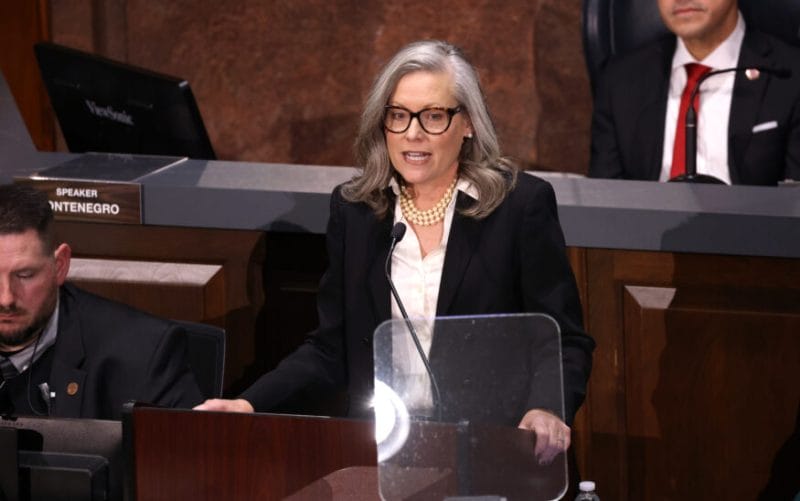
By Alison Snyder, Joann Muller | Axios
Autonomous vehicles have the potential to save lives — but they’re unlikely to prevent as many deaths as we’ve been led to believe.
The big picture: Some automakers and politicians have suggested that autonomous vehicles will sharply reduce deaths on the road, if not eliminate them. The reality is that uneven deployment and technological limits mean AVs may save far fewer lives than the hype implies.
By the numbers: 37,133 people died in motor vehicles crashes in 2017. Government agencies like the National Highway Traffic Safety Administration and auto companies ascribe 94% of serious crashes to human error. Thus, the logic goes, take the human out of the equation and most of the crashes disappear.
GM, for example, holds out the promise of a “zero crashes” goal: “Our Cruise AV has the potential to provide a level of safety far beyond the capabilities of humans. As our experience and iterative improvements continue, we will advance closer to our zero crashes vision.”
And Republican Sen. John Thune wrote last month: “In 94 percent of these cases, human error is a factor. One day, self-driving vehicle technology should help drastically reduce this tragic loss of life.”





